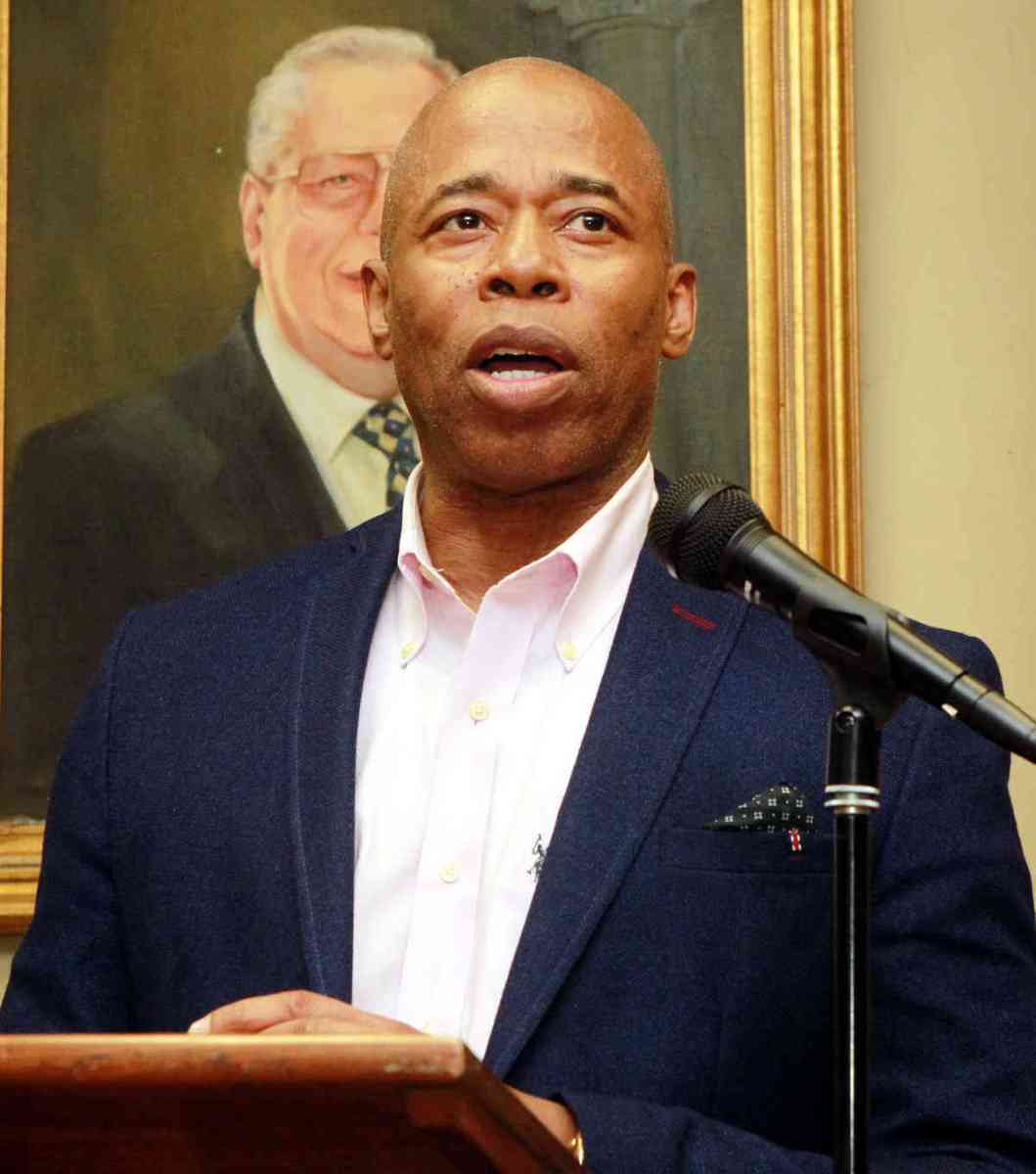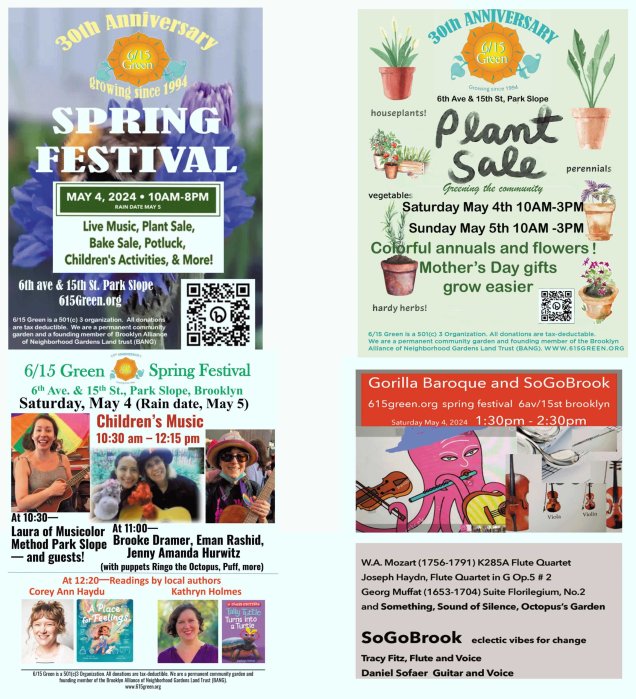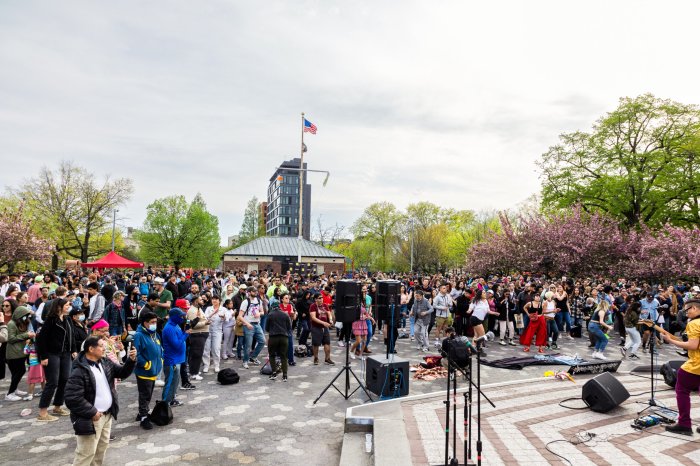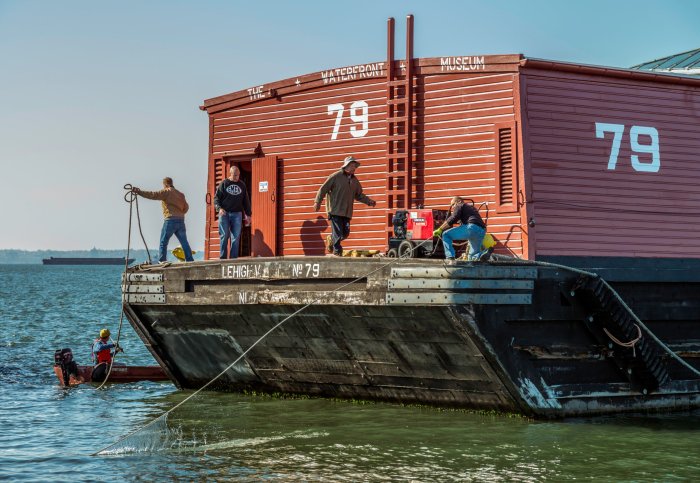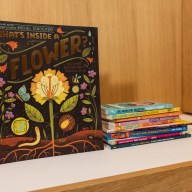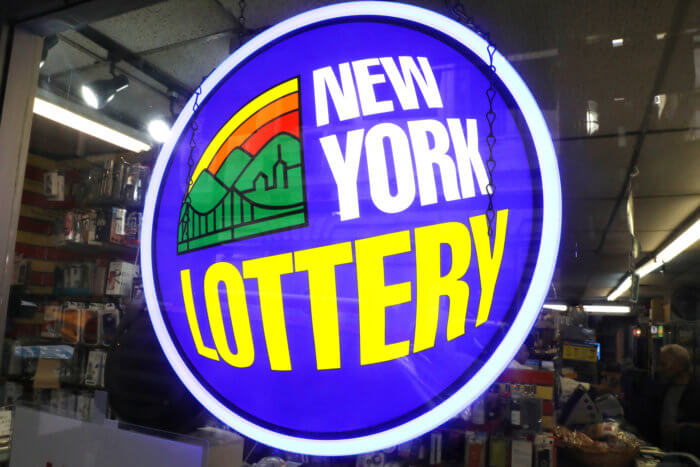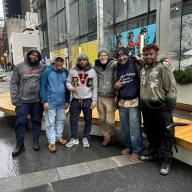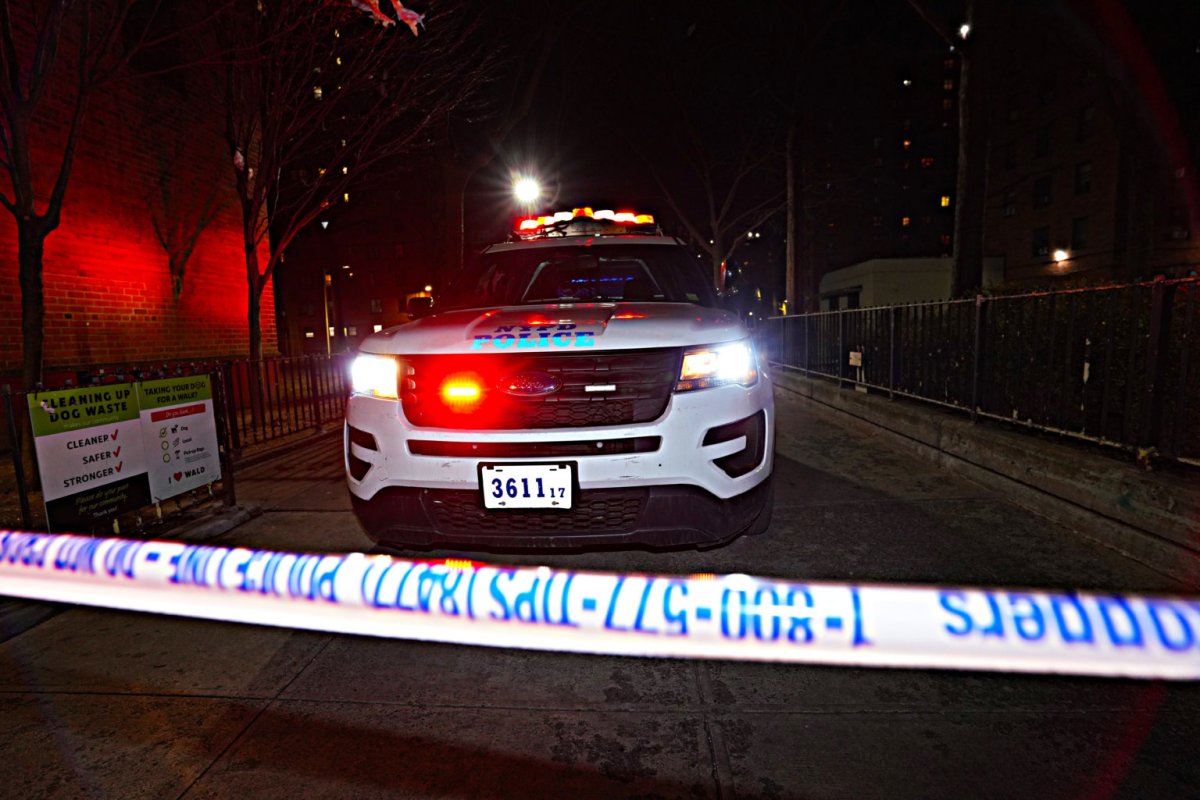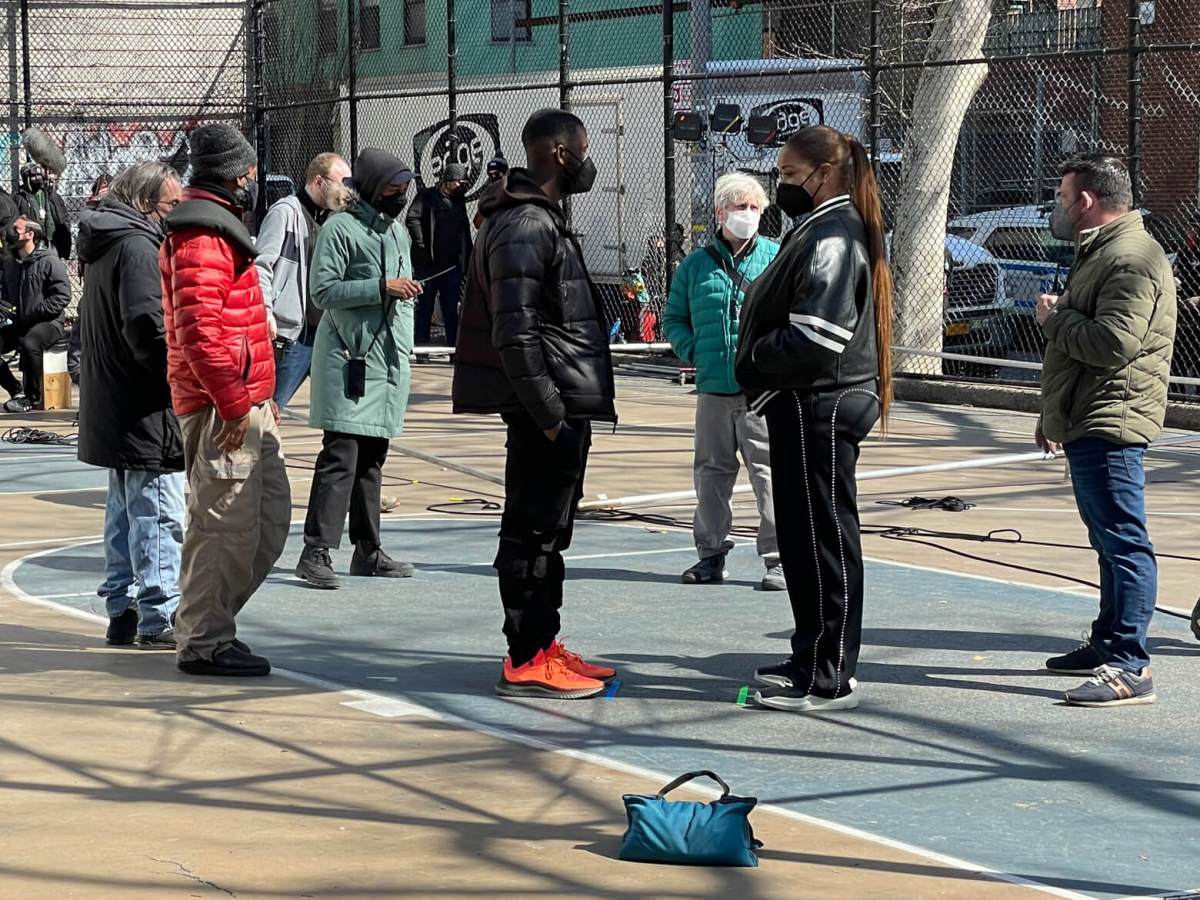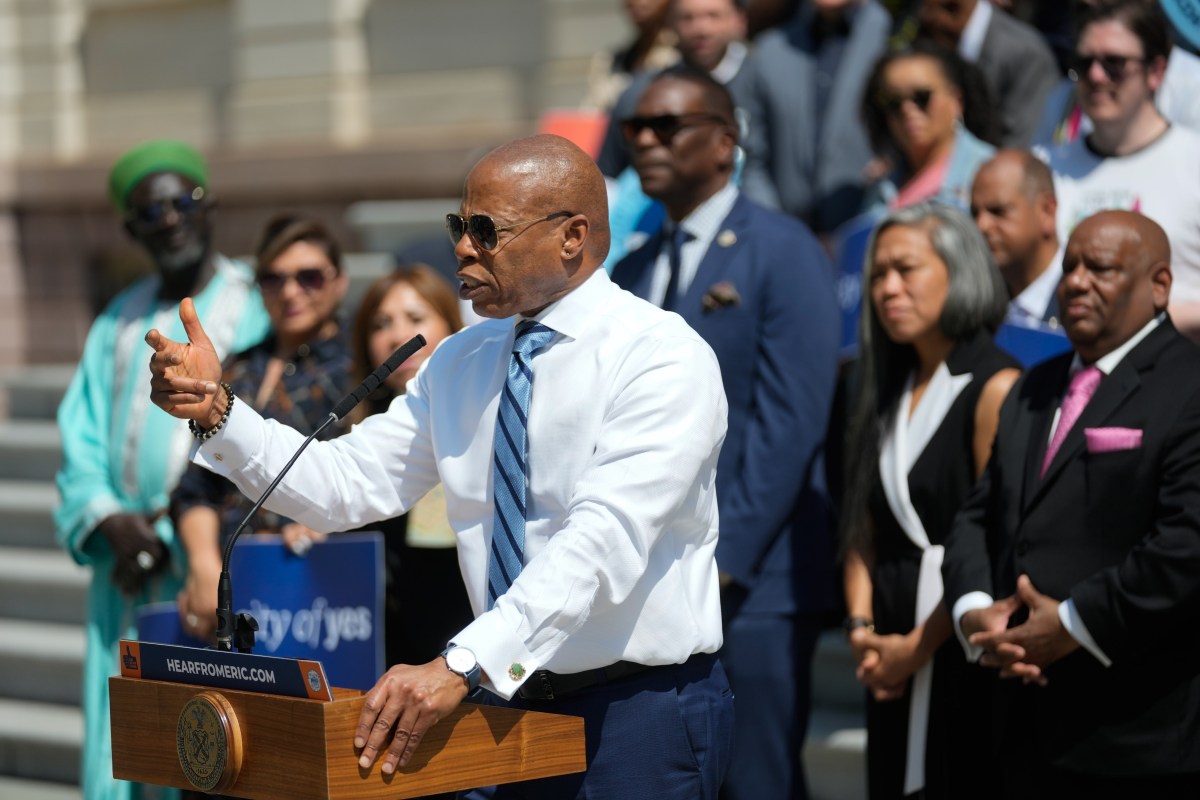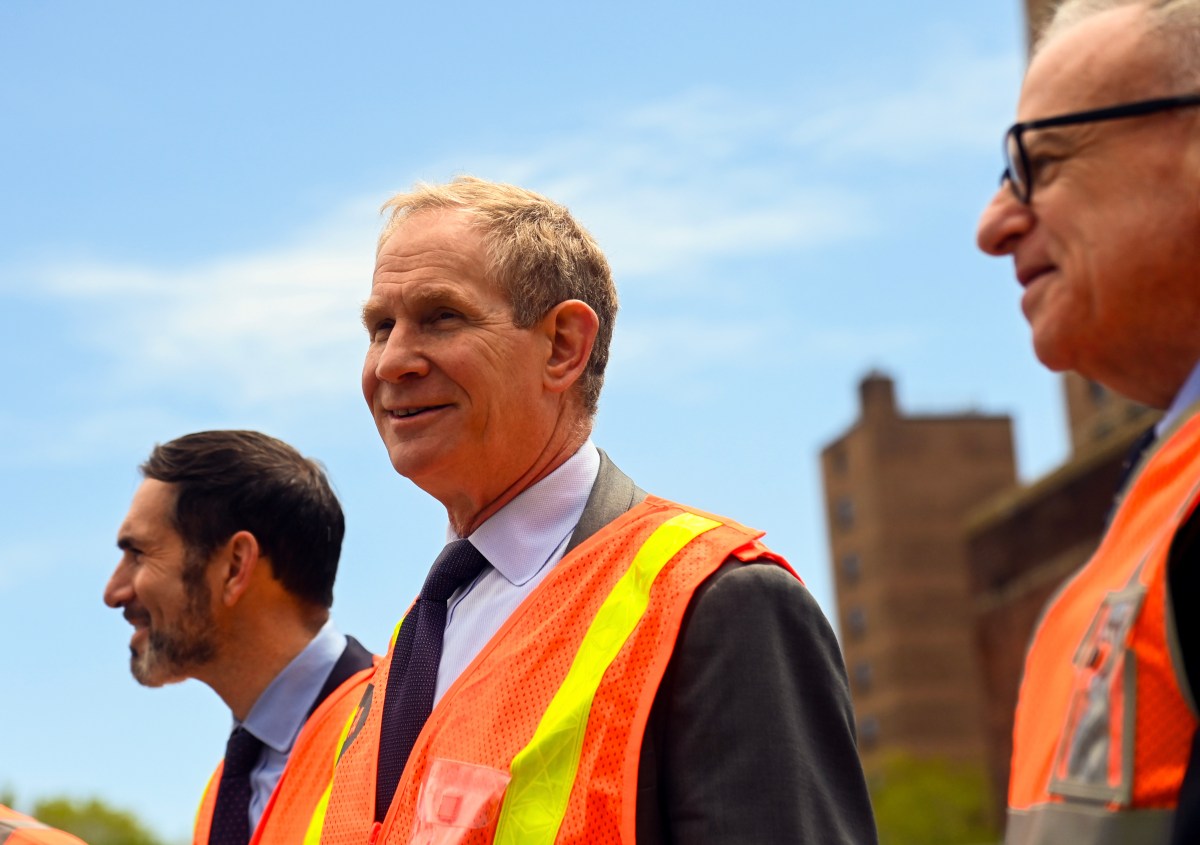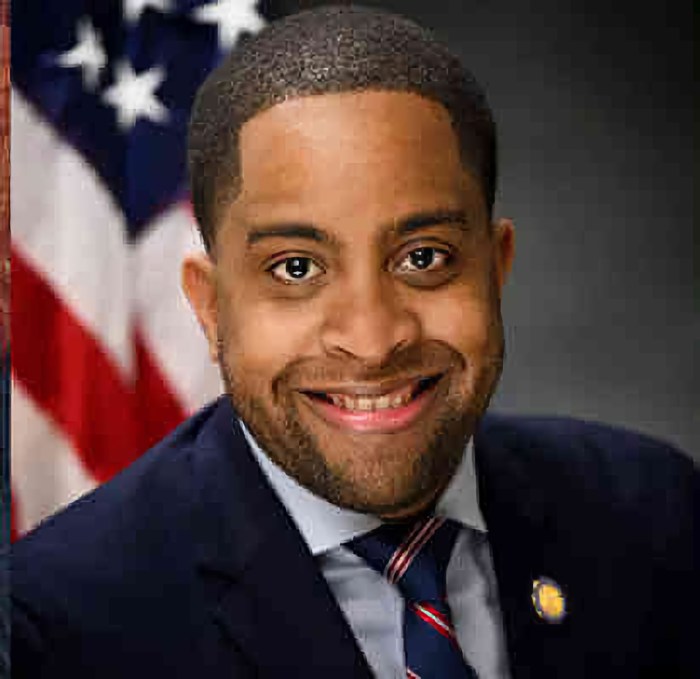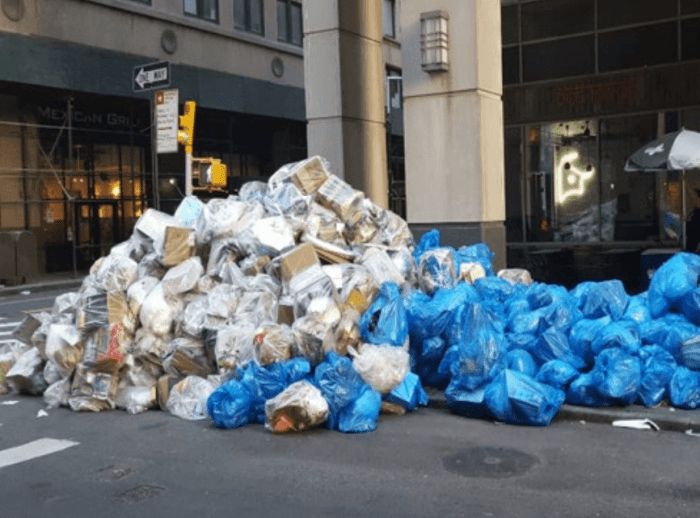President Lyndon Johnson’s War on Poverty led to the establishment of Community Services Block Grants, with a mission to fight poverty, revitalize underserved communities, and help uplift low-income families that would otherwise be left behind through a multitude of services and activities at the local level.
It was local economic empowerment in action at the grass-roots level, propelled by federally funded taxpayer dollars returning to the state and city to be invested in making a difference and correcting historical disparities. Through the years, the community-based organizations that received funding through this program have implemented countless numbers of projects that have made a tangible difference in people’s lives, from environmental improvement to refugee services.
Nearly 50 years after this federal program began, Brooklyn faces the real danger of its local extinction. Community Services Block Grants are currently funneled from the nation’s capital to Albany, after which they land at the New York City Department of Youth and Community Development, which is tasked with distributing these funds through Neighborhood Advisory Boards across Neighborhood Development Areas — areas specifically designated as in-need — across the five boroughs.
Neighborhood Advisory Boards, which are composed of seven- to 12-member voluntary teams, are responsible for helping to identify the needs of their local communities and selecting the community-based organizations that will receive funding for their respective projects.
Those projects, which run over the course of one to three years, focus on addressing issues such as adult literacy, fatherhood services, housing, immigration services, and senior programing.
These community-based organizations are on the ground serving our most vulnerable, including youth, seniors, and our neighbors living with disabilities. They depend on this critical federal funding to do their day-to-day work. We cannot afford to have Community Services Block Grants funding left discarded on the table. That’s why our Neighborhood Advisory Boards must survive for the next generation.
The boards making these financial allocations will only be able operate if they have the requisite participation from local residents. Quorum is needed, specifically seven out of 12 members, to get anything approved. Unfortunately, many boards do not even have enough members to reach quorum, and with the low level of public awareness of these boards, we are at risk of losing a lifeline of support for so many community needs.
Neighborhood Advisory Boards are one of the most impactful ways to get involved at the local level, providing residents of low-income communities with an opportunity to assist in identifying priorities for funding in areas that have historically been socioeconomically disadvantaged.
We have the power to make a difference in our communities through these boards, especially as it is so easy to join. To be a part of a Neighborhood Advisory Board, members should be full-time residents of the Neighborhood Development Areas they represent, have lived in the neighborhood for a minimum of six months, be at least 16-years-old, and have no formal associations with any organization that receives Department of Youth and Community Development funding under the Community Services Block Grants program. Just as participatory budgeting has revolutionized the way New Yorkers have a say in the way taxpayer dollars are spent locally, Neighborhood Advisory Boards empower communities to make direct decisions on which organizations receive funding from a pot of $6 million across the five boroughs.
Neighborhood Advisory Boards provide the vital resources that cash-strapped community-based organizations depend on to uplift neighborhoods in need, from ensuring young people get a good education, to addressing quality-of-life concerns.
I ask my fellow Brooklynites to step up and be those eyes and ears on our Neighborhood Advisory Boards. My administration can provide more information to those who want to learn more, and we are here to help anyone interested in this under-appreciated way to make lasting change in our borough.


